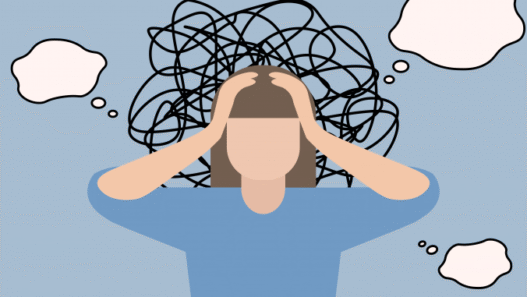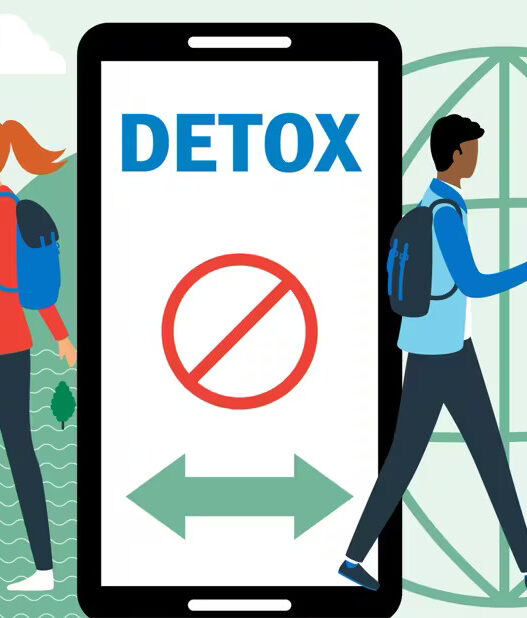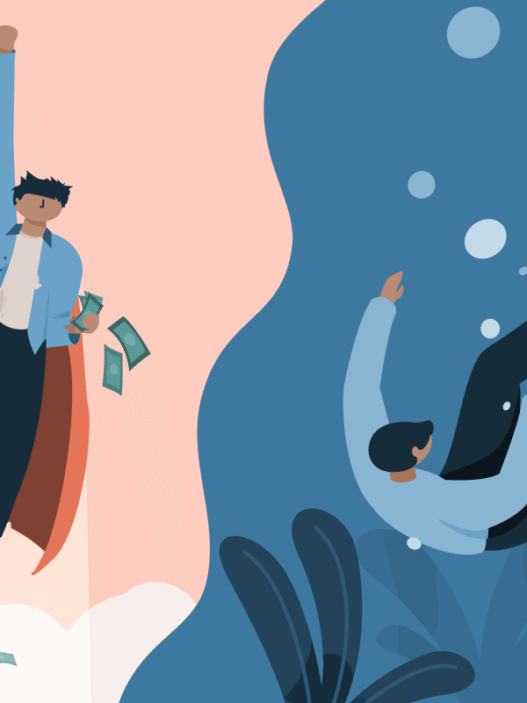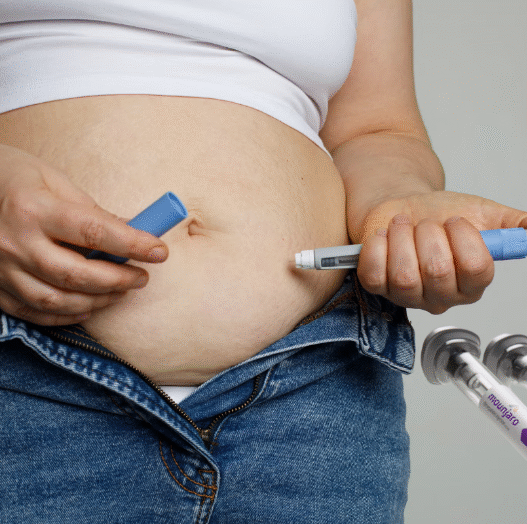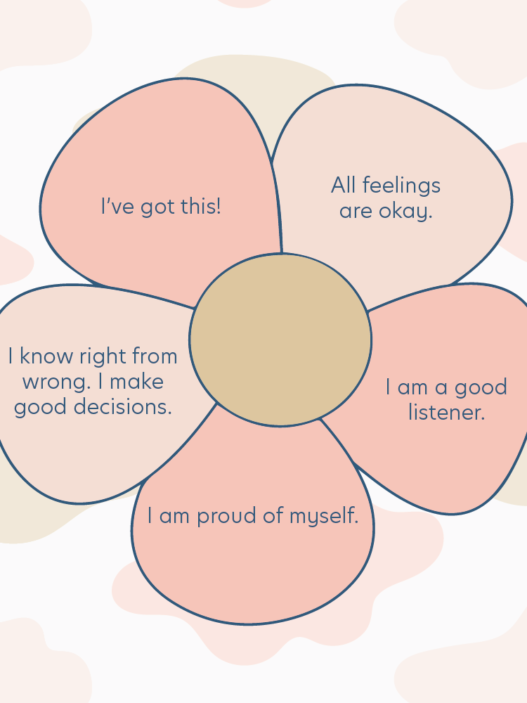One of the most widespread mental disorders in the world is depression. Indeed, it is not simply a temporary sadness or low mood. Instead, depression is an issue that influences the way an individual thinks, feels, and lives. Consequently, it affects personal relationships, work performance, and overall health.
Individuals can become disinterested in things, feel hopeless, or struggle with tasks that were once simple. The knowledge of depression, its cause, and treatments will help in lessening the stigma and direct individuals towards appropriate support.
What Is Depression?
Depression is a mood disorder that creates ongoing sadness and loss of interest in daily life. Doctors refer to it as major depressive disorder (MDD) when symptoms continue for weeks or months.

In contrast to normal sadness, which dissolves over time, depression persists and interferes with relationships, work, and physical health.
The depression, according to many people, is living under a big cloud. Others experience numbness, emptiness, or detachment. It is not a weakness or personal shortcoming but a medical condition that is to be taken care of.
Symptoms of depression are common.

Depression manifestations may vary in each case, but some of them are universal:
- Persistent moodiness or desolation.
- Inability to enjoy hobbies or social life.
- Difficulty in focusing or decision-making.
- Sleep changes (insomnia or oversleeping).
- Perpetual fatigue and lack of energy.
- Observable weight gain and weight loss or increase and decrease in appetite.
- Constant sense of guilt or insignificance.
- Suicide or suicidal thoughts.
The World Health Organization (WHO) states that over 280 million people in the world live with depression. Studies also show women are nearly twice as likely as men to experience this condition, highlighting both its prevalence and gender differences.
What Causes Depression?
There is no single cause of depression. It usually is a combination of biological, psychological, and social influencing factors. It is known to have some contributors, including:
- Genetics: Family history of depression may also be a predisposing factor.
- Brain chemistry: The imbalance of chemicals such as serotonin and dopamine responds to mood.
- Life events: Depressive episodes can be caused by trauma, abuse, divorce, or loss.
- Chronic illness: Health condition such as diabetes, cancer, or heart disease often raise the risk.
- Substance use: Alcohol and drugs can both trigger and worsen depression.
Depression is a disease that can be experienced by anyone, irrespective of their background, age, or way of life.
Types of Depression
According to mental health professionals, there are various classes of depression, such as:
- Major Depressive Disorder (MDD)- intense and persistent sadness and a lack of interest.
- Persistent Depressive Disorder (Dysthymia)- less severe yet protracted symptoms over a period of years.
- Postpartum Depression- it occurs after a child is born because of hormonal and emotional fluctuations.
- Seasonal Affective Disorder (SAD) is associated with the lack of sunlight in colder seasons.
- Bipolar Disorder – is characterized by low moods (depression) and high energy (mania) moods.
How Is Depression Diagnosed?
The physicians trace the diagnosis of depression using medical history, physical examination, and psychological testing. Some of the questions can involve sleep pattern, daily habits, emotions, and lifestyle.
Sometimes blood tests, to eliminate other conditions that may cause similar symptoms to those of depression, are included.
Treatment Options for Depression
- The good news is that depression can be treated in a very effective manner. Most people get back on their feet and lead an everyday life with the proper support.
- Treatment: Working with a therapist can help individuals manage their thoughts and behaviors. One of the most effective ones is cognitive behavioral therapy (CBT).
- Medication: Antidepressants assist in the restoration of chemical balance in the brain.
- Routine exercise, healthy eating and proper sleep enhance mood and support better mental health.
- Sharing experiences in support groups helps people feel connected and stay motivated.
- Meditations, yoga, and deep breaths are mindfulness activities that reduce stress and anxiety.
The results reported in The Lancet Psychiatry demonstrate that CBT with antidepressant medication is 48 percent more efficient than medication alone.
Lifestyle changes also play an important role: a meta‐analysis showed that physical activity reduces the risk of developing depression by about 25% among adults who meet recommended levels of activity
Coping Strategies for Everyday Life
It is difficult to live with the illness of depression, yet it is possible to cope with it daily:
- Set low and achievable targets to avoid feeling overwhelmed.
- Remain in touch with friends or family members who provide a sense of understanding.
- Write in a journal to release stressful thoughts.
- Get exposure to sunlight by spending time outdoors.
- Limit alcohol and avoid drugs.
- Celebrate small achievements to boost self-worth.
When to Seek Help?
If depression symptoms last for weeks or worsen, seek professional help without delay. Treat suicidal thoughts or self-harm as medical emergencies and contact a doctor or helpline immediately to ensure safety and proper care.
FAQs
Can Depression Go Away Without Treatment?
Mild depression may improve with time, lifestyle changes, and support. However, most people need therapy or medication for long-term recovery.
Is Depression The Same As Sadness?
No. Sadness is temporary, while depression is a medical condition that lasts for weeks or months and affects daily life.
Who Is More At Risk Of Depression?
Anyone can develop depression, but risks are higher for people with family history, past trauma, chronic illness, or substance use.
How Long Does Treatment Take?
It varies. Some people notice improvements within weeks, while others need longer-term support. Consistency in treatment improves outcomes.
Can Lifestyle Changes Really Help?
Yes. Regular exercise, proper sleep, and a healthy diet can reduce symptoms. These steps work best when combined with professional care.
Final Thought
Depression is a serious health condition, but it does not define a person’s future. With professional help, lifestyle changes, and supportive relationships, recovery is possible.
Moreover, recognizing the symptoms early and reaching out for care can prevent the condition from becoming worse. In fact, no one should face depression alone, sharing the struggle with trusted people or experts can bring relief and hope.
Therefore, every small step forward, whether through therapy, medication, or simple daily routines, helps build strength for a brighter tomorrow. Ultimately, these actions create a path toward healing and recovery.






